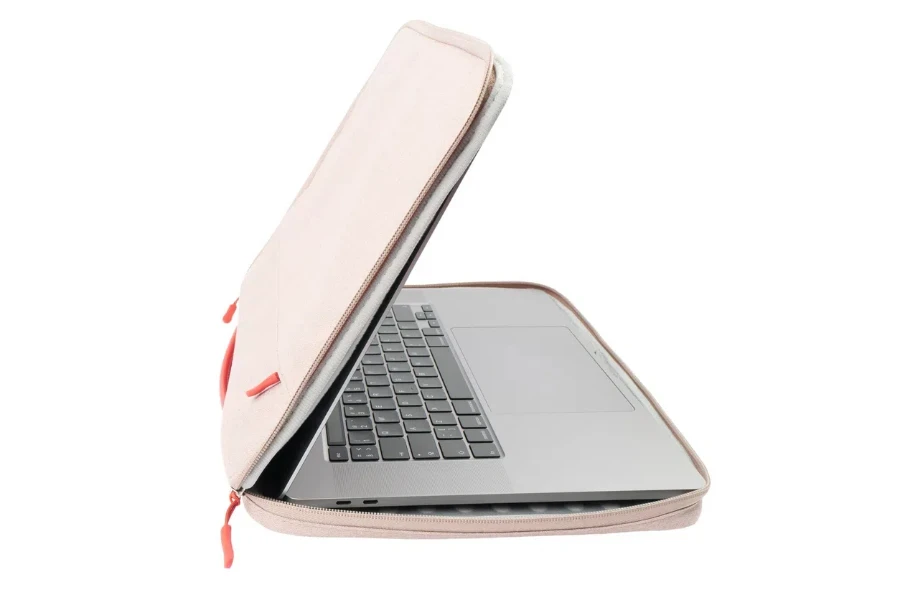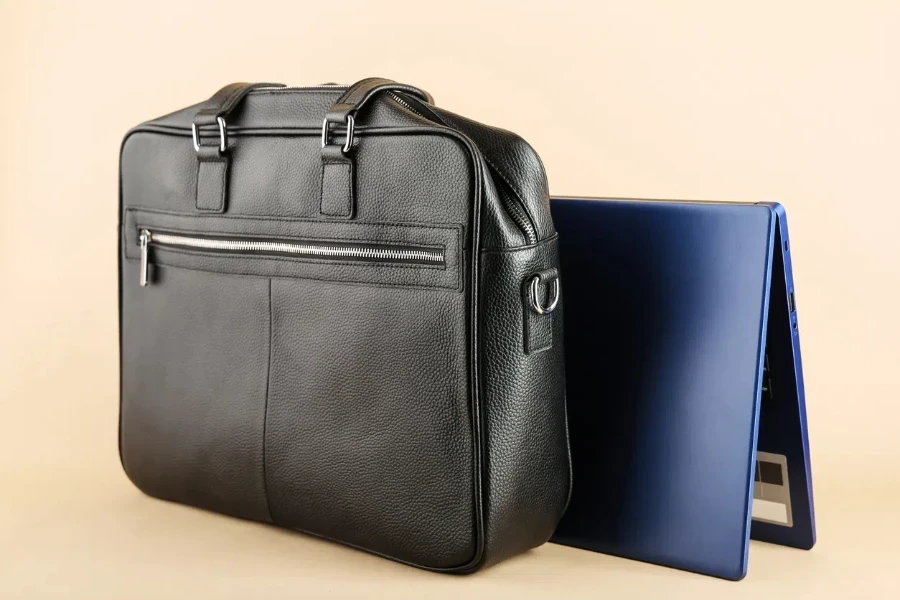In the digital age, laptops have become an extension of ourselves, housing our work, memories, and entertainment. Just as we dress to express and protect ourselves, selecting the right laptop case is crucial for safeguarding our digital companions. This guide delves into the five key aspects users prioritize when searching for laptop cases, offering insights and solutions to ensure your choice meets both functional and aesthetic needs.
Table of Contents:
1. Material and durability
2. Design and functionality
3. Size and compatibility
4. Protection level
5. Price and value for money
Material and durability

When it comes to laptop cases, the material isn’t just about aesthetics; it’s the first line of defense against bumps, drops, and scratches. Materials range from hard plastics and metals to soft fabrics and leathers, each offering different levels of durability and protection. Understanding the conditions your laptop will face daily is crucial in selecting a material that can withstand those challenges. Moreover, the choice of material often impacts the weight and bulkiness of the case, affecting portability.
Durability is not solely determined by the material but also by the construction quality of the case. Double-stitched seams, reinforced corners, and robust zippers are indicators of a case built to last. A durable case not only protects your laptop but also offers a longer lifespan, reducing the need for frequent replacements and contributing to sustainability.
Lastly, the material choice can significantly influence the case’s maintenance needs. Some materials may require regular cleaning or conditioning to maintain their appearance and functionality. Considering these factors ensures that the laptop case remains in optimal condition, providing lasting protection for your device.
Design and functionality

The design of a laptop case goes beyond aesthetics; it encompasses functionality, accessibility, and personal expression. A well-designed case should offer easy access to your laptop, with compartments and pockets thoughtfully placed for accessories such as chargers, mice, and documents. This organizational aspect enhances the user’s convenience, making the case an efficient mobile workstation.
Functionality also extends to the case’s ability to integrate with the user’s lifestyle. For instance, cases with convertible designs can double as stands or docking stations, adding versatility. Additionally, the design should reflect the user’s personal style, with a variety of colors and patterns available to match individual preferences.
The balance between design and functionality is pivotal. A case that looks appealing but lacks practical features, or vice versa, fails to meet the comprehensive needs of the user. Therefore, finding a case that harmonizes these elements is key to a satisfactory purchase.
Size and compatibility

Choosing the correct size and compatibility for your laptop case is paramount. A case that’s too large can result in the laptop sliding around, potentially causing damage, while a case that’s too small may not fit the device at all. It’s essential to know the dimensions of your laptop and ensure the case is designed to accommodate its size, including any additional protective padding.
Compatibility also involves the case’s design tailored to specific laptop models, providing precise cutouts for ports and vents. This ensures that the case does not hinder the laptop’s functionality, allowing for seamless use without removing the device from the case.
Moreover, considering future upgrades or changes in laptop size is wise. A slightly larger case may offer flexibility if you plan to upgrade to a larger device, whereas a snug fit is perfect for those committed to a specific model.
Protection level

The primary function of a laptop case is to protect the device from external harm. The level of protection needed varies based on the user’s lifestyle. For those constantly on the move, a case with high-impact resistance and waterproofing is essential. Features such as padded interiors and shock-absorbing materials can mitigate the effects of drops and bumps.
Conversely, for users who primarily use their laptops in a home or office setting, a case designed to protect against scratches and minor impacts may suffice. It’s also important to consider protection against dust and spills, which can affect the laptop’s performance over time.
Evaluating the environment and situations in which the laptop will be used allows users to select a case with the appropriate level of protection, ensuring the longevity and functionality of their device.
Price and value for money

The cost of laptop cases can vary widely, influenced by factors such as material, brand, and special features. While it may be tempting to opt for the cheapest option, assessing the case’s value for money is crucial. A more expensive case made of high-quality materials that offer superior protection and durability can be a more cost-effective choice in the long run.
Furthermore, considering the value of the laptop itself is important. Investing in a high-quality case to protect a high-end device is a wise decision, potentially saving money on repairs or replacements.
However, it’s also possible to find affordable cases that don’t compromise on quality and functionality. Researching and comparing products can help identify the best value for money, ensuring that the chosen case meets your needs without exceeding your budget.
Conclusion
Selecting the right laptop case involves a careful consideration of material and durability, design and functionality, size and compatibility, protection level, and price versus value for money. By understanding these key aspects, users can make informed decisions, ensuring their laptops are protected in a way that suits their lifestyle and budget. A good laptop case is an investment in your device’s longevity and performance, safeguarding your digital life’s essential tools.



